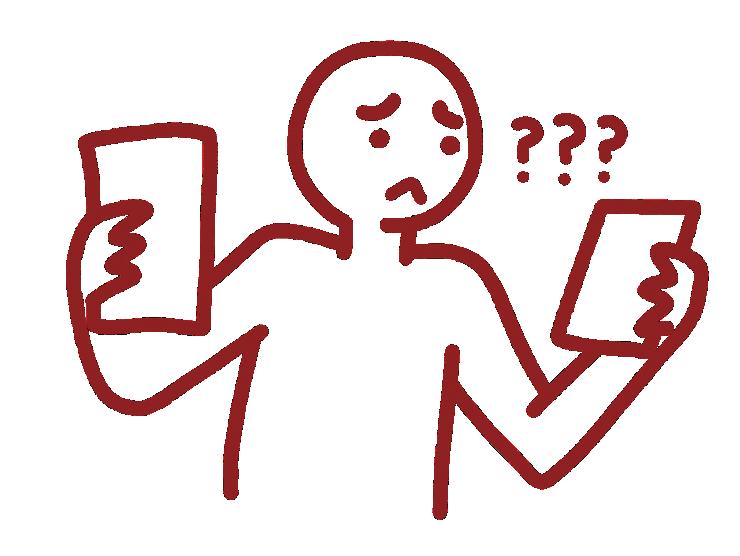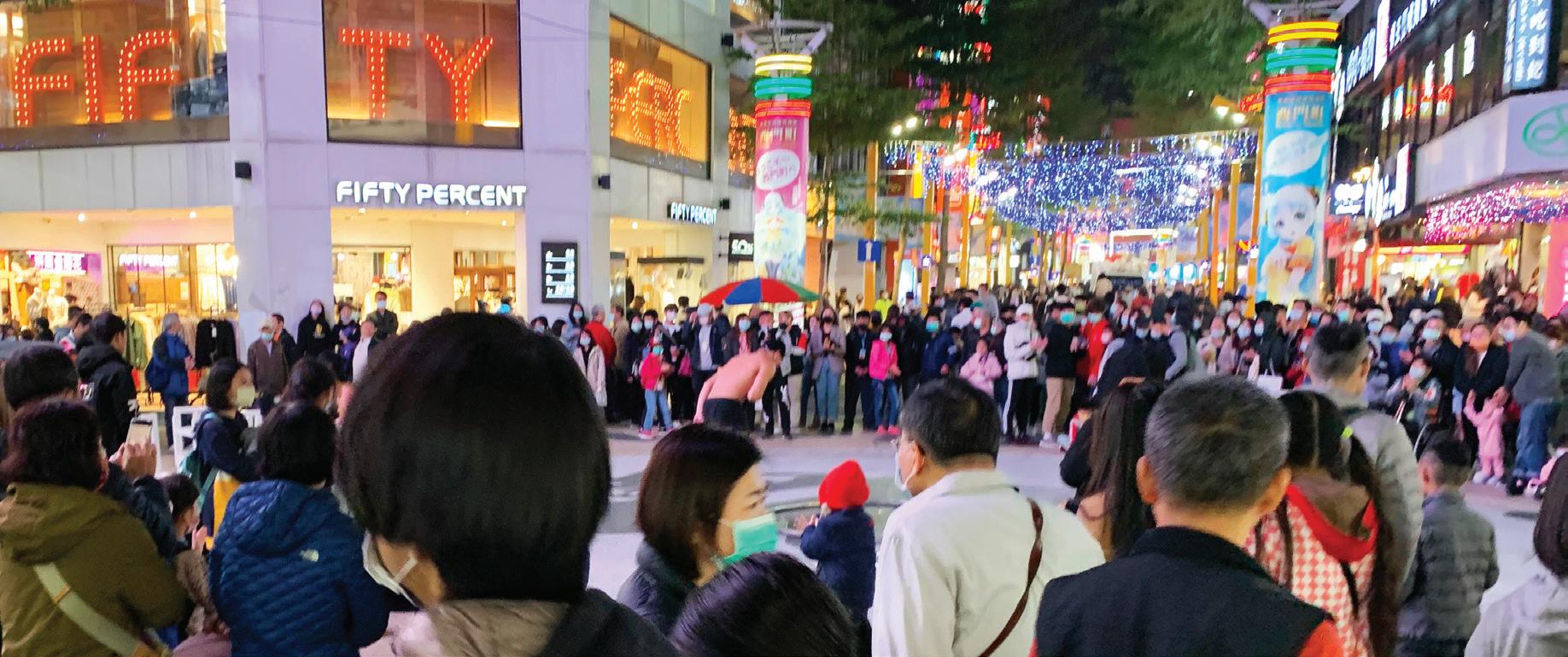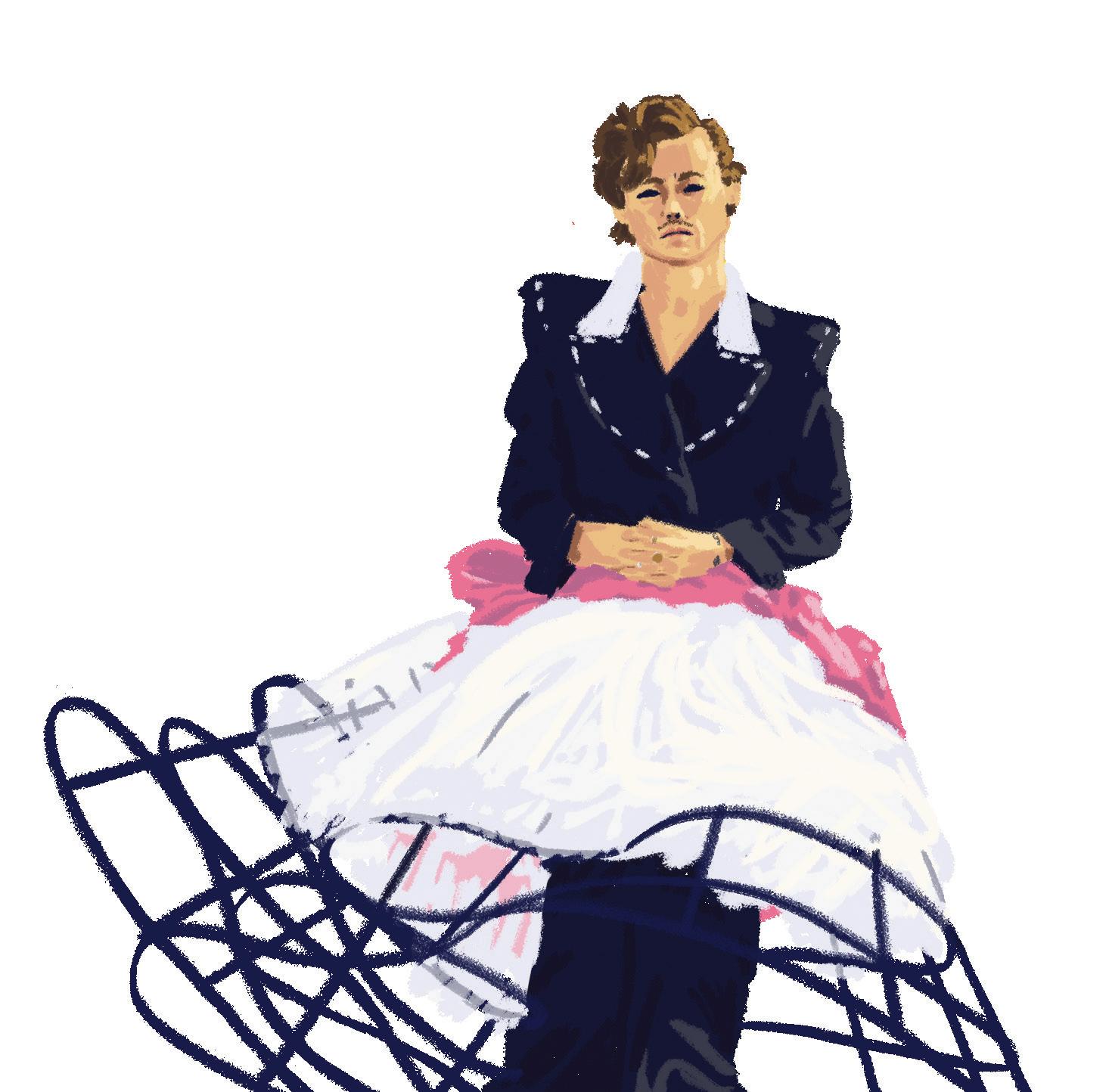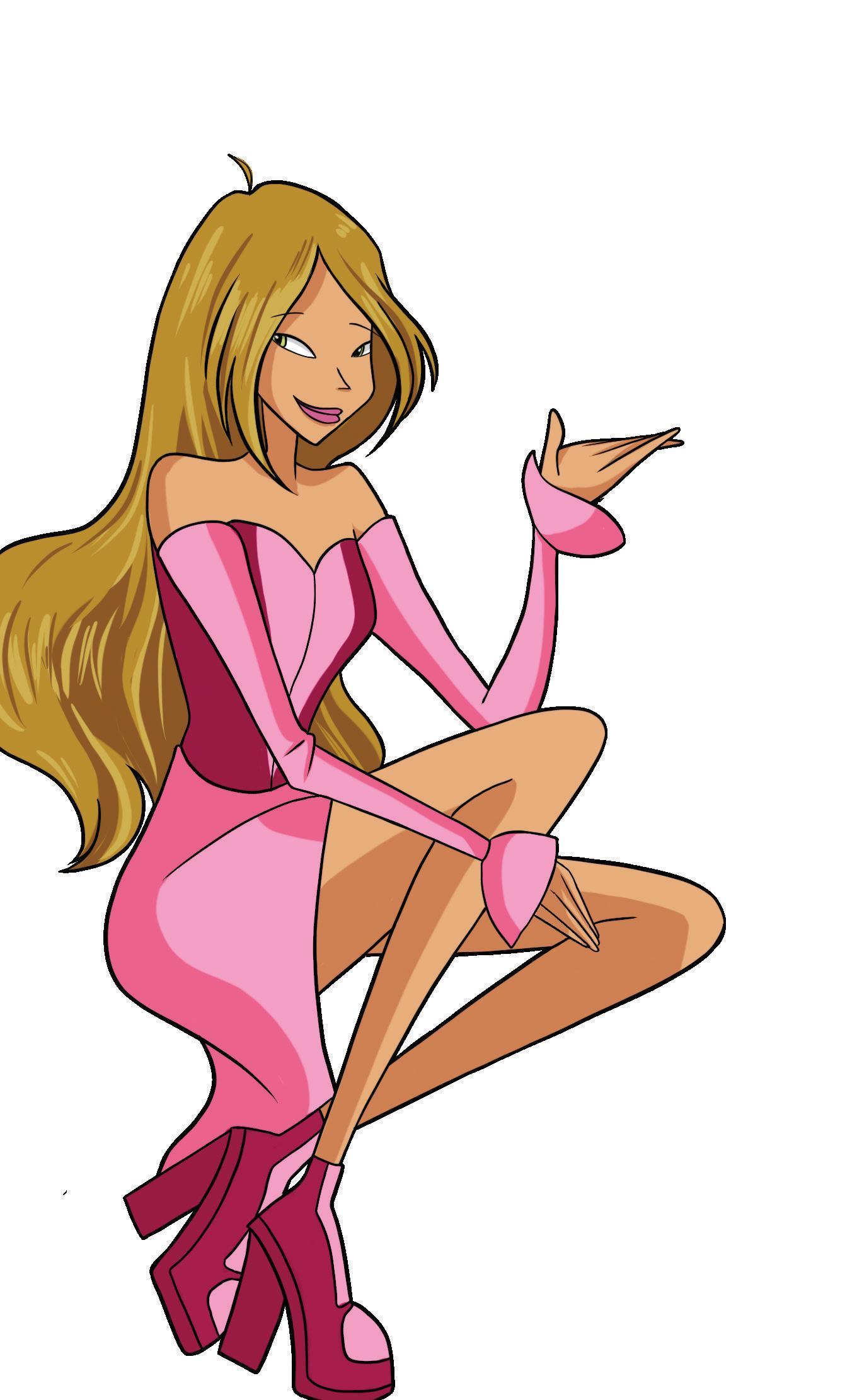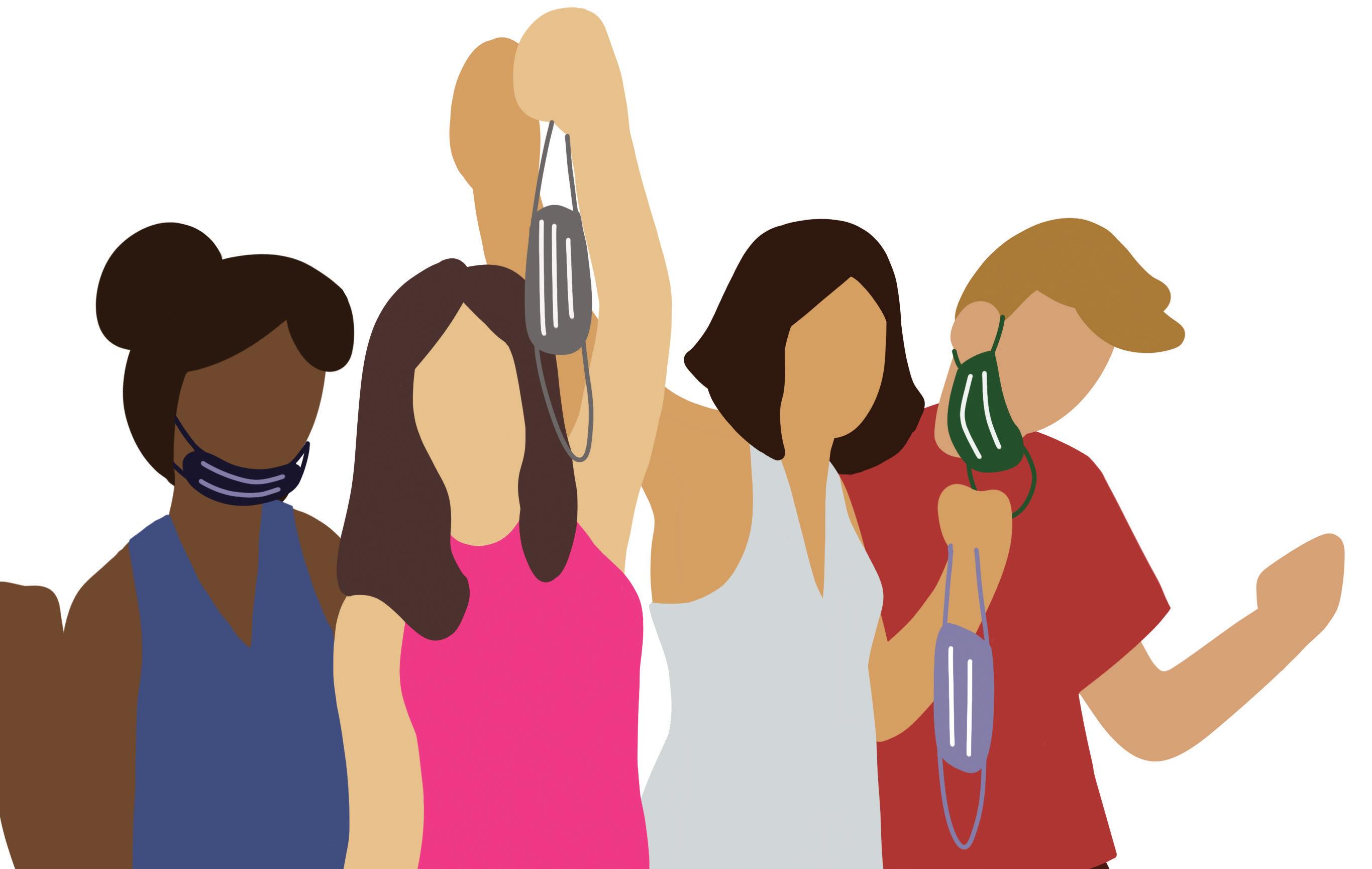
4 minute read
Can speech be too free?
CENSORSHIP IN LIGHT OF U.S. CAPITOL ATTACK
MAIA JOHNSSON AWOKE his circle of well-known conservative back- media platforms like Twitter and Facebook. to her mother running into ers led relentless attacks against the elector- Similarly, Gab, another far-right dominather room, eyes wide with al process with unfounded claims of voter ed social media site, has attracted many shock as she frantically told fraud and a stolen election in the months former Twitter users who felt silenced by the Palo Alto High School junior that “our following Biden’s victory. the app. These platforms have been under government is unraveling in front of our Several Republican members of Con- fire in the past for not regulating the inciteeyes.” Confused and only half-awake, Johnsson stumbled to her mother’s room where the TV displayed stunning “I was in awe as I watched the heart of American government being demolgress amplified the delegitimization of the election on Parler and Gab, two far-right social media platment of violence through racist and white supremacist language. The Capitol insurrection forced major tech companies into action, and Parler has since been banned from the Amazon Web Server, the Apple App Store and Google visuals emerging from Washington, D.C. On Jan. 6, violent insurrecished in front of my own eyes.” — MAIA JOHNSSON, junior forms. Both apps were used to coordinate and garner support for the Play Store due to blatant and repeated vio lations of community guidelines. Sophomore Hailey Oshita believes that these companies made the tionists breached attack, bringing right decision. the U.S. Capitol in an unforeseen riot with renewed attention to the question of what “When there is a lot the intent of stopping the certification of exactly should be allowed under the First of hate being spread and the electoral college results. For the next Amendment. plans to attack the Captwo hours, Johnsson watched the news in itol are being formed on stunned silence. Alt-right social media an app, it’s not right
“I was completely taken aback by what Parler, an alt-right microblogging and to promote somewas happening,” Johnsson said. “I was in social networking service, is advertised thing like that,” Osawe as I watched the heart of American as an unbiased app that “promotes free hita said. government being demolished in front of speech.” Since its founding, the app has be- Sophomore my own eyes.” come a hub for far right-wing conservatives Andrew Robin-
Former President Donald Trump and who feel marginalized by mainstream social son echoes Oshita’s
concerns about the promotion of online hatred through apps like Parler and Gab.
“After Trump began attacking social media companies and accusing them of having conservative biases, he promoted Parler as a free speech haven,” Robinson said. “But it is really a haven for white supremacy, and actual white supremacy that promotes violence, which is not protected speech under the First Amendment.”
Social media apps like these challenge what we know to be true in the First Amendment of the U.S. Constitution, and bring up a couple important questions: what exactly qualifies as free speech, and should restrictions be placed on what is allowed on social media?
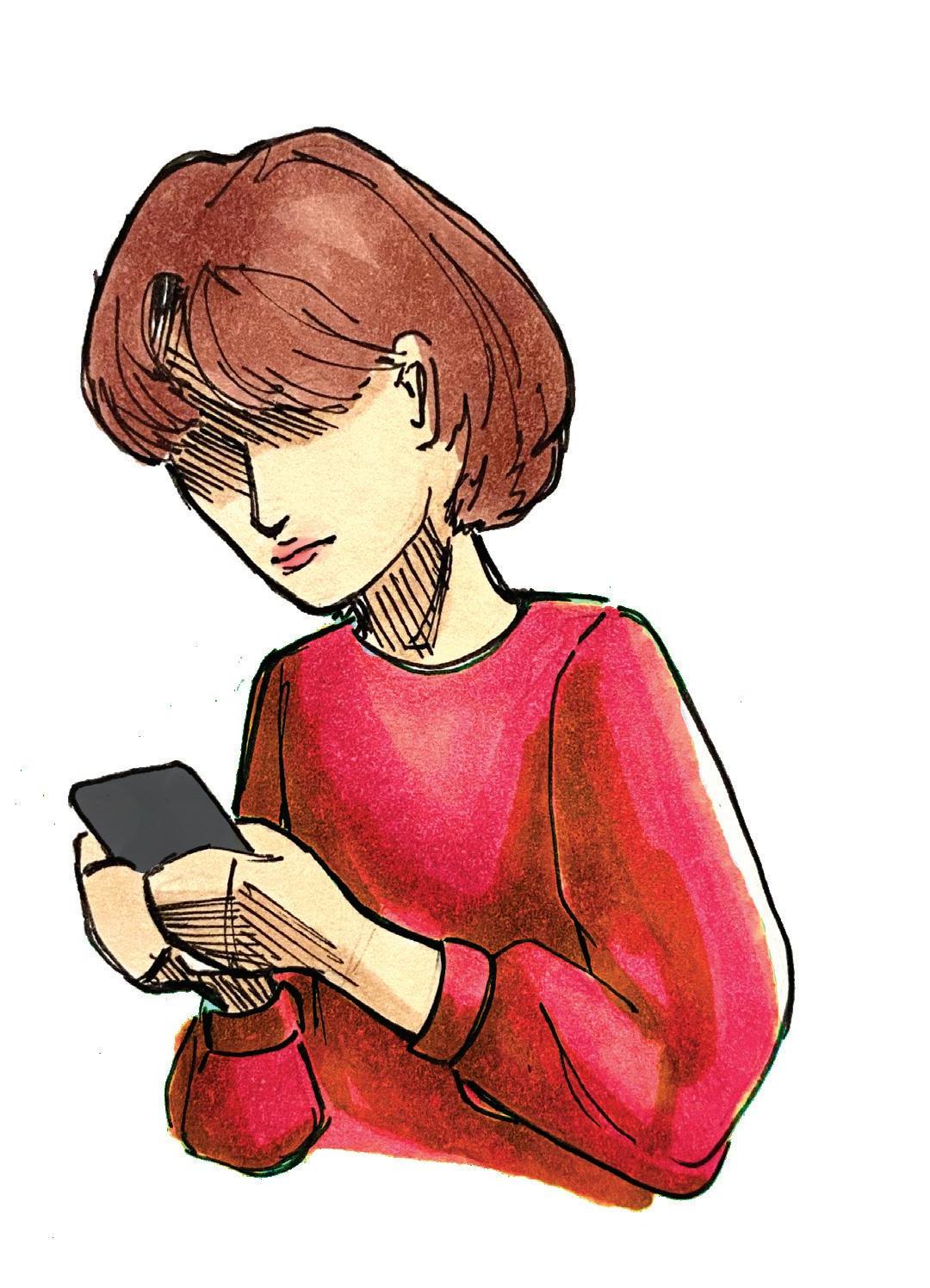
Protected free speech
In the U.S. government, the First Amendment is not an absolute right that protects all speech.
“Free speech protection should not be and, according to the courts, is not absolute,” Paly history teacher Mary Sano wrote in an email. “There are limits. Ultimately, the lines are drawn by our judicial system — all the way to the Supreme Court.” Robinson says that the instigation of violence should not have a place on online platforms. “Any speech that promotes violence is not protected speech, and that is really what matters to me,” Robinson said. “You can say whatever you want — have at it — but you simply cannot advocate for violence against someone.”
Media censorship and where to draw the line between protected and unprotected speech is a hotly contested issue. After numerous tweets from Trump that led to the violence at the Capitol, Twitter banned his account from the platform.
“I think it was a good idea to ban Trump from social media because he wasn’t posting or tweeting things that were beneficial to the development of our country,” Johnsson said. “Trump was also just riling people up and he wasn’t trying to tone them down, so banning him was a way of creating a bit more tranquility.”
Similarly, Paly Social Justice Pathway teacher Lizzie DeKraai says that online platforms reserve the right to ban hate speech from their platforms, and that social media companies should have banned Trump earlier.
“I think what people forget when saying ‘People are being censored,’ is that these are private companies,” DeKraai said. “If it’s something that a company has said, [like] ‘These are our guidelines: you cannot incite violence, you cannot be a terrorist, you cannot post things that are sexist or ableist …’ then I think those companies should hold that line.”
In the wake of the recent violence the country has experienced, it’s clear that the First Amendment was written for a completely different America than the one we live in today.
“One could argue that the laws we have have not kept up with what is going on with speech on online platforms,” Sano wrote. “It’s an interesting question to explore.” v



